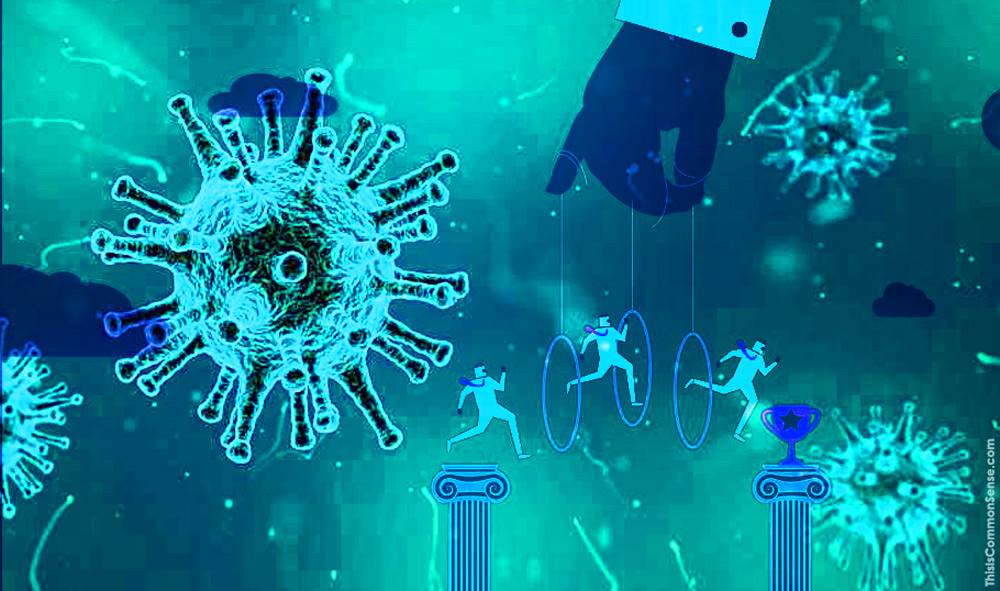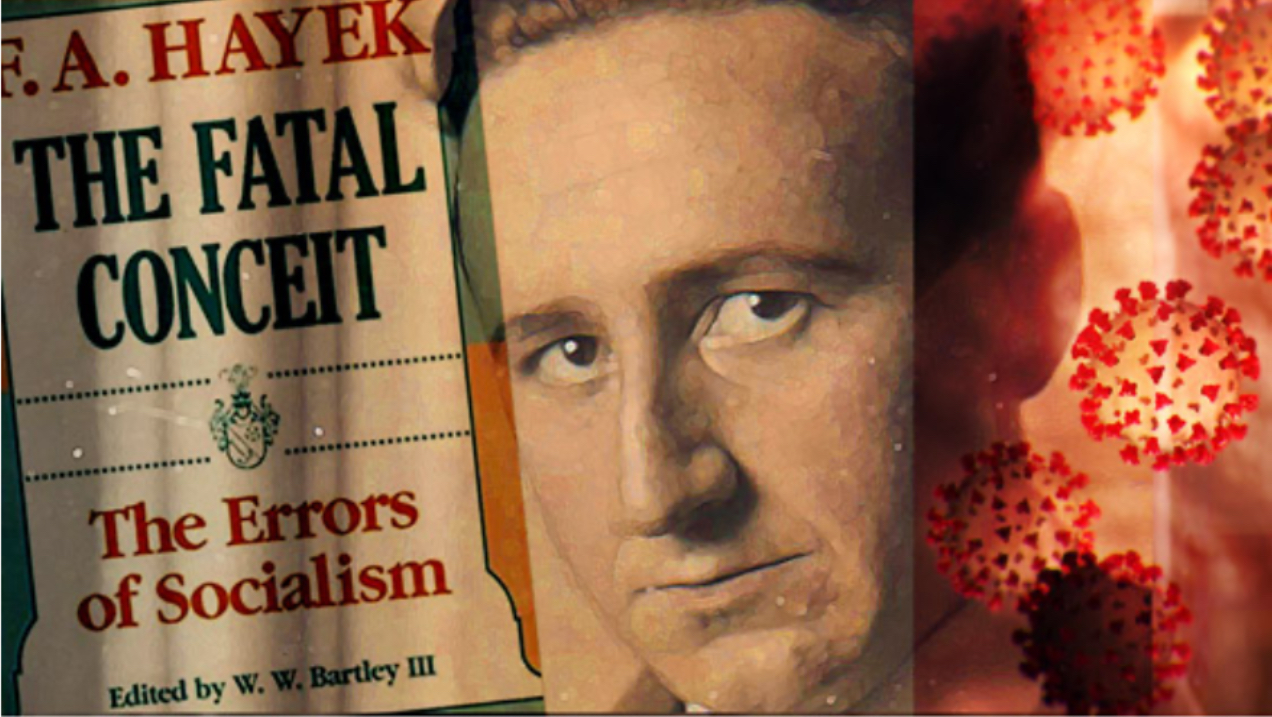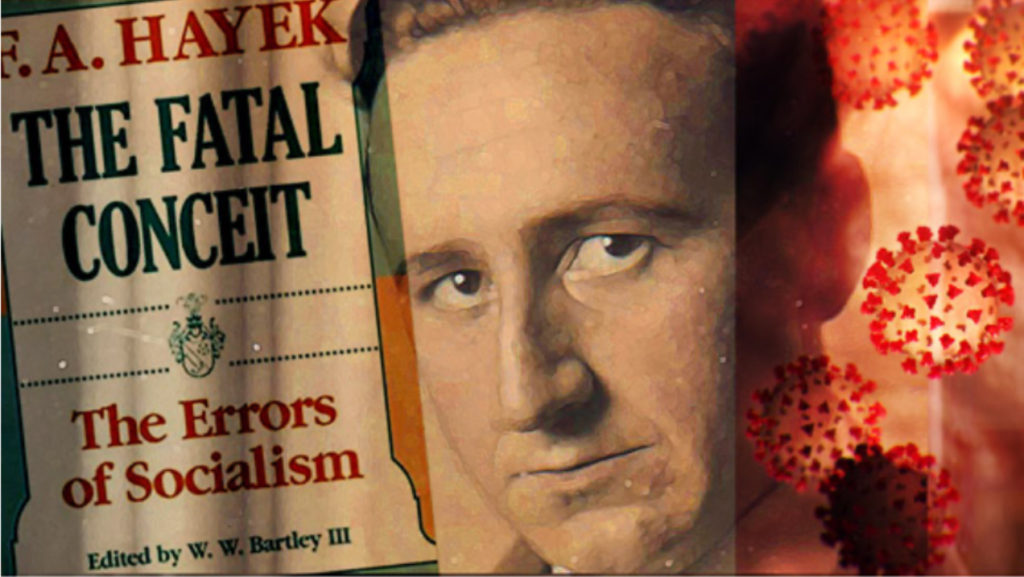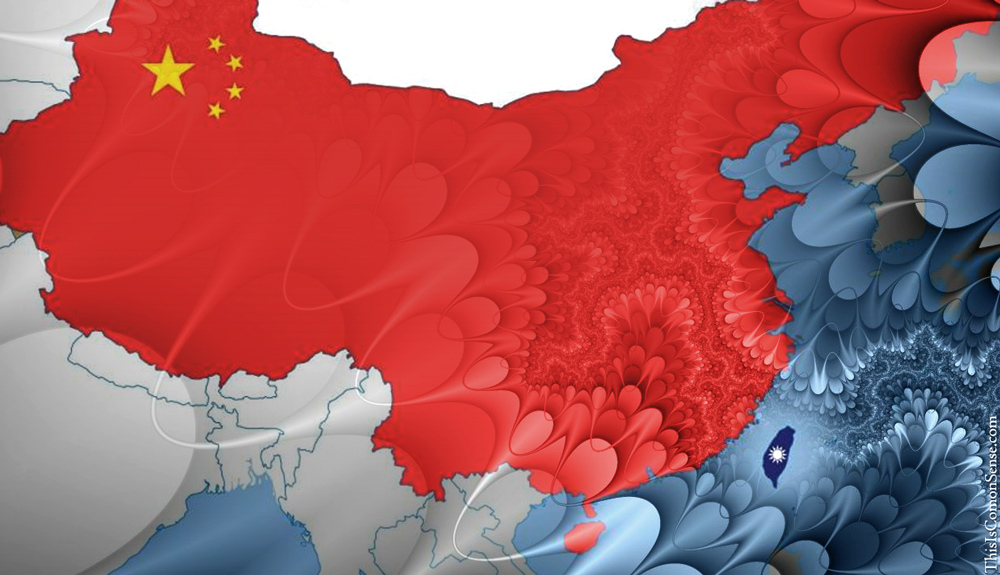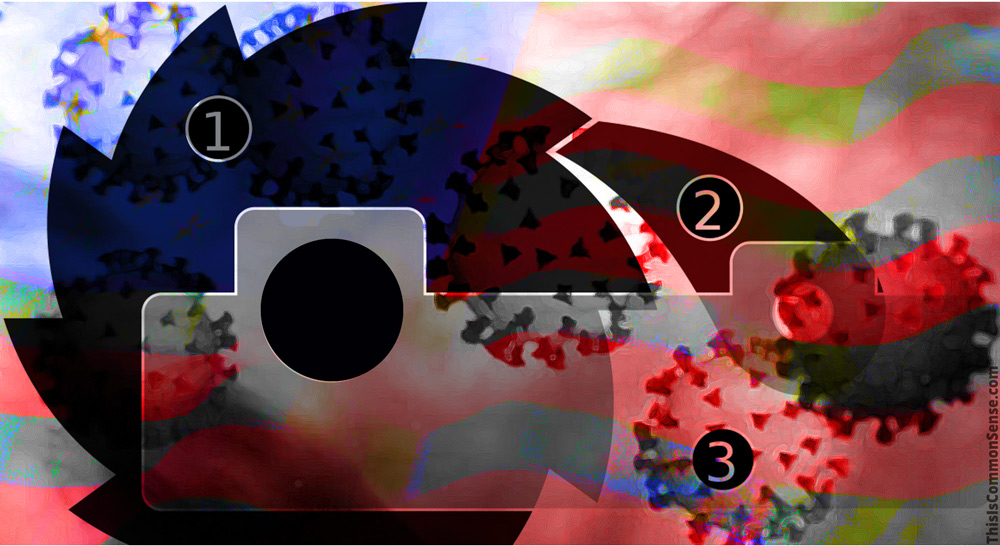Josh Disbrow runs a pharmaceutical company called Aytu Science.
So far, so good. We all know that we need medicines in order to treat pandemic infections and so forth.
But the company blundered. It promoted technology that President Trump found occasion to refer to publicly, perhaps in a too offhand way, as a means of fighting the COVID-19 virus: “Supposing,” said the president, “you brought the light inside the body. . . .”
As you know, all presidential utterances must be reviewed beforehand by committees and focus groups in order to perfect the calibration. Apparently that didn’t happen this time.
Disbrow reports that the work Trump mentioned — using ultraviolet light against microbes — “has been in development since 2016 . . . and is a promising potential treatment for COVID-19.” Aytu had licensed the tech, called Healight, from Cedars-Sinai Medical Center.
After Trump spoke, Disbrow knew there’d be ill-informed controversy about Healight (the man’s an oracle!). So Aytu Science created a video to explain it, posted the video to YouTube and Vimeo, and promoted it through Twitter.
But YouTube and Vimeo quickly took down the video, and Twitter suspended Aytu’s account.
These guardians of “platform” discourse apparently contend that given the life-and-death stakes, it’s crucial to weed out misinformation. One must simply smother discussion about “a light inside the body,” etc. Because it makes the president look reasonable.
Strange standard.
Open discussion and debate help us learn what is true, breaking down rigid opinion and prejudice, in effect shining light where it could not reach before.
YouTube and Vimeo and Twitter have embraced darkness.
This is Common Sense. I’m Paul Jacob.

—
See all recent commentary
(simplified and organized)

